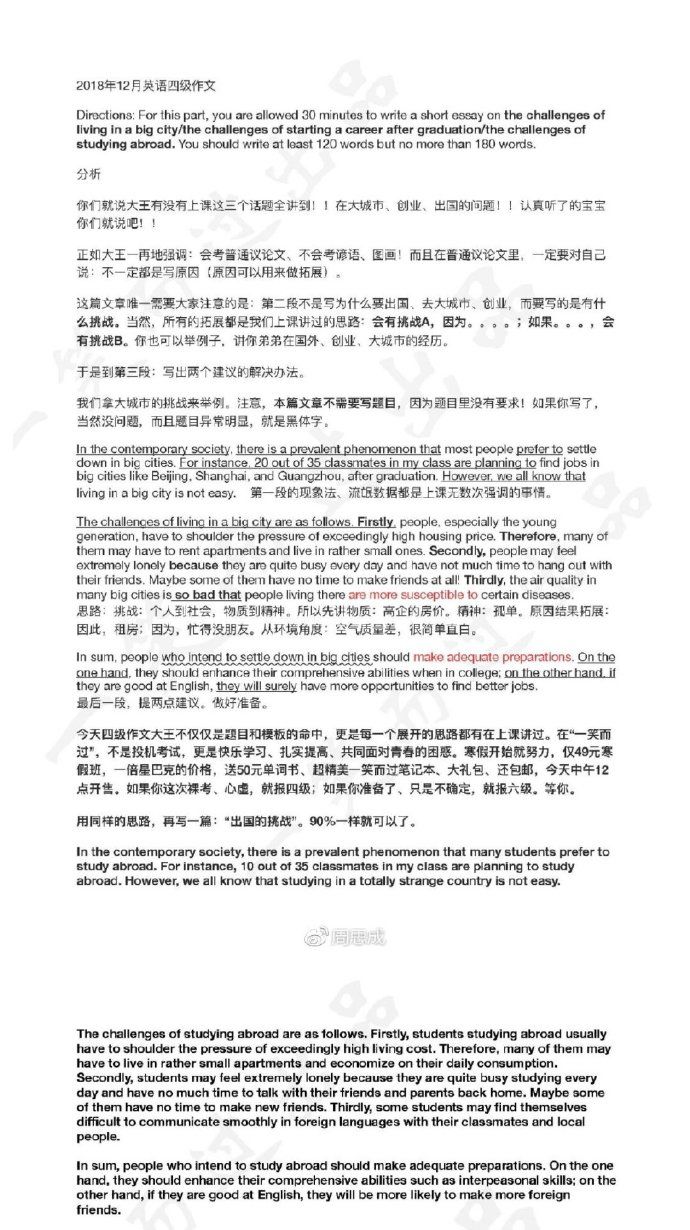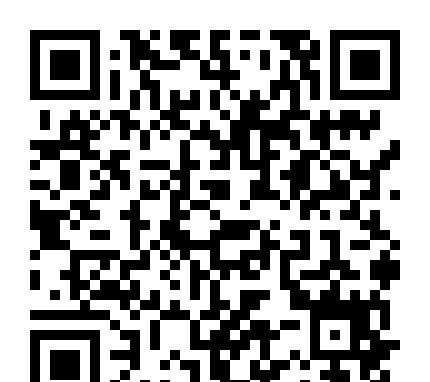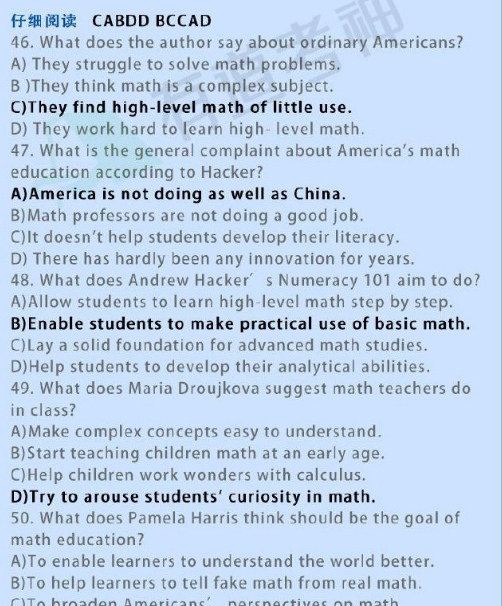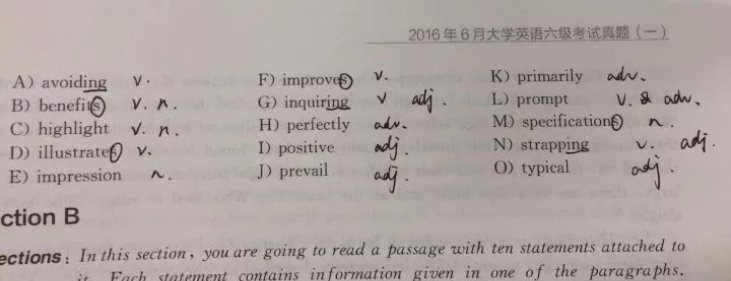全国英语等级考试三级全真模拟试题六e
|
Text 2 I don't know how I became a writer, but I think it was because of a certain force in me that had to write and that finally burst through and found a channel. My people were of the working class of people. My father, a stone-cutter, was a man with a great respect and veneration for literature. He had a tremendous memory, and he loved poetry, and the poetry that he loved best was naturally of the rhetorical kind that such a man would like. Nevertheless it was good poetry, Hamlet's Soliloquy, Macbeth , Mark Antony' s "Funeral Oration" , Grey' s "Elegy" , and all the rest of it. I heard it all as a child; I memorized and learned it all. The desire to write, which had been strong during all my days in high school, grew stronger still. I was editor of the college paper, the college magazine , etc. , and in my last year or two I was a member of a course in playwriting which had just been established there. I wrote several little one-act plays, still thinking I would become a lawyer or a newspaper man, never daring to believe I could seriously become a writer. Then I went to Harvard, wrote some more plays there, became obsessed with the idea that I had to be a playwright, left Harvard, had my plays rejected, and finally in the autumn of 1926, how, why, or in what manner I have never exactly been able to determine. But probably because the force in me that had to write at length sought out its channel, I began to write my first book in London, I was living all alone at that time. I had two rooms-a bedroom and a sitting room-in a litter square in Chelsea in which all the houses had that familiar, smoked brick and cream-yellow-plaster look. 51. We may conclude, in regard to the author's development as a writer, that his father _________. 52. The author believes that he became a writer mostly because of _________. 53. The author _________, 54. The author really started on his way to become a writer _________. 55. A conclusion we cannot safely draw (based upon this passage) about the author's life in Text 3 Greek mythology is largely made up of stories about gods and goddesses, but it must not be read as a kind of Greek Bible, an account of the Greek religion. According to the most modern idea, a real myth has nothing to do with religion. It is an explanation of something in nature; how, for instance, any and everything in the universe came into existence: men, animals, this or that tree or flower, the sun, the moon, the stars, storms, eruptions, earthquakes, all that is and all that happens. Thunder and lightning are caused when Zeus hurls his thunderbolt. A volcano erupts because a terrible creature is imprisoned in the mountain and every now and then struggles to get free. The Dipper ( 大熊星座) , the constellation ( 星座) called also the Great Bear, does not set below the horizon because a goddess once was angry at it and decreed (命令 ) that it should never sink into the sea. Myths are early science, the result of men ' s first trying to explain what they saw around them. But there are many so-called myths which explain nothing at all. These tales are pure entertainment, the sort of thing people would tell each other on a long winter' s evening. The story of Pygmalion (皮格马利翁) and Galatea is an example; it has no conceivable connection with any event in nature. Neither has the Quest of the Golden Fleece (寻找金羊毛) , nor Orpheus (奥菲士,竖琴圣手) and Eurydice, nor many another. This fact is now generally accepted; and we do not have to try to find in every mythological heroine the moon or the dawn and in every hero' s life a sun myth. The stories are early literature as well as early science. But religion is there, too. In the background, to be sure, but nevertheless plain to see. From Homer through the tragedians and even later, there is a deepening realization of what human beings need and what they must have in their gods. 56. The author believes that myths __________. 57. In every myth, _________. 58. According to the passage, the story of Pygmalion and Galatea _________. 59. Myths are early science because they __________. 60. The author, in regard to modern ideas on myth _________. |








